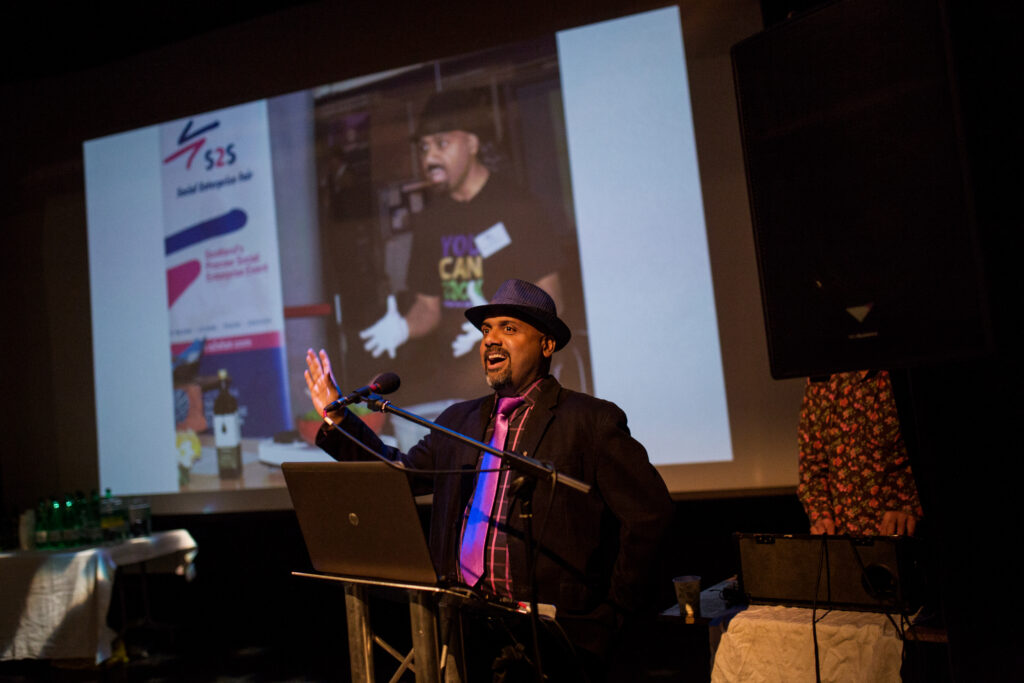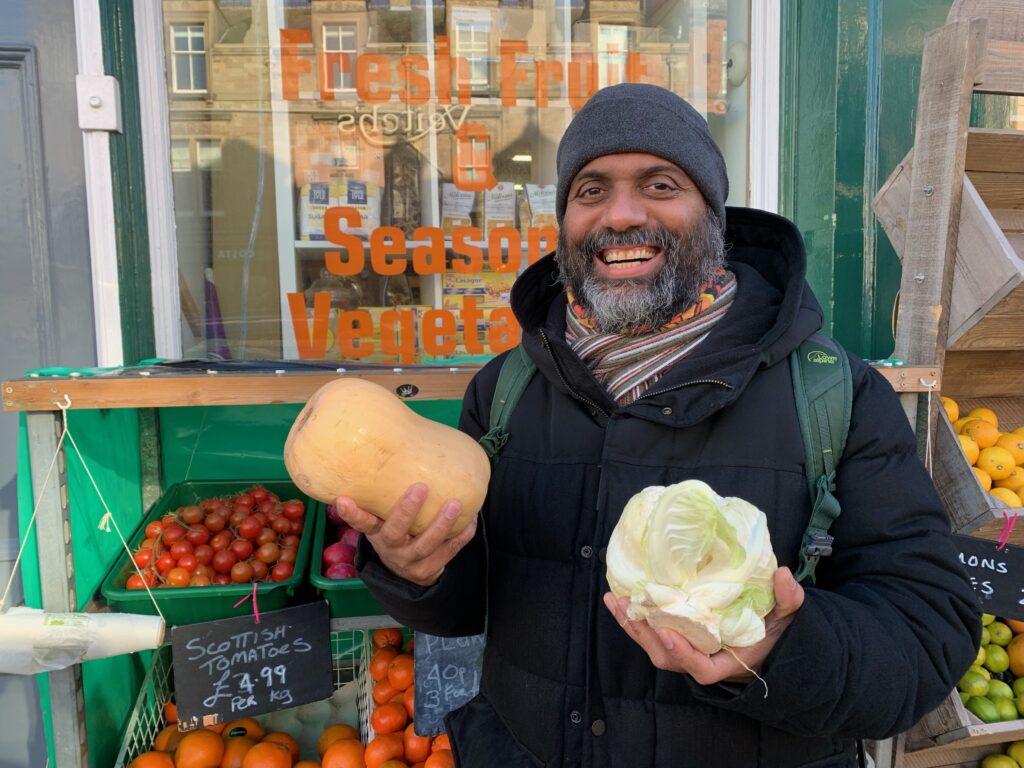
This week Bosco Santimano, founder and executive director of social enterprise You Can Cook, shares his thoughts on panic buying.
It’s been a week now since we are in semi-lockdown and what a emotional roller coaster it has been for all of us here in the UK and around the globe. Since news went viral on social media that 3 cases of coronavirus have been identified in the Borders, locals in the region went berserk with shoppers driving to all the main supermarkets and panic buying food and toilet paper! I am yet to understand the logic behind toilet paper, but never mind. Pasta, tin foods, bread, fish, chicken, cheap fresh foods, hand sanitisers, alcohol were flying off the shelves within hours. By next day the supermarkets were looking like a warzone or as if it were attacked by zombies! The apocalypse was truly here. Many elderly and vulnerable adults were left with no access to their normal shopping items as these maniacs went on a wild rush to hoard as many items as possible. I saw cars and people carriers being stuffed with toilet paper and all other fresh food items that would in my opinion either be frozen or wasted in a couple of days.
Unfortunately I was right as news reports from all over the country saw a huge spike in food waste! What a disgrace and a typical human response in times of crisis. Many people become selfish, greedy and paranoid and in these difficult times its always the rich that can buy and hoard goods in their big houses and garages while the majority of us have to pray and hope that we don’t have to resort to cannibalism to survive. Just kidding by the way! Food and other essentials are slowly making their way onto the shelves and thankfully people are realising that we are all in this together and sanity seems to be coming back into our lives as we don’t want the scenario of a Mad Max movie, where instead of oil we are fighting and killing for food.
You Can Cook was setup in 2007 after doing my research and finding out a few key issues with food and the supply chain. First, many people did not know how to cook from scratch, second over 70% of our food came from abroad, a disaster waiting to happen as the current crisis clearly shows us the fallacy of this policy, and third we don’t grow enough food on these islands to feed the whole population, while government and European Union policies dictated paying farmers grants and subsidies not to grow food! This economic policy is what has led to a big divide between the rich and poor countries, whereby we in the developed West are using developing and third world countries to grow food on our behalf while the citizens of those countries are forced to grow foods for the western markets eg. soya, at the expense of not growing their own staple foods.
On these islands growing food has never been so important and we as part of a holistic approach to tackling these problems work to alleviate and empower communities across Scotland through cooking and growing. Please visit our website for more health related information and loads of recipes to try while you and your family are self-isolating.
Take care.
*Originally written & published in the Peeblesshire News.


